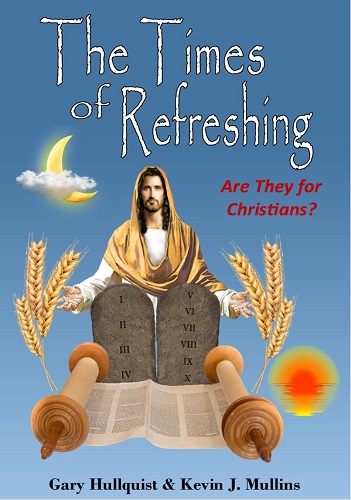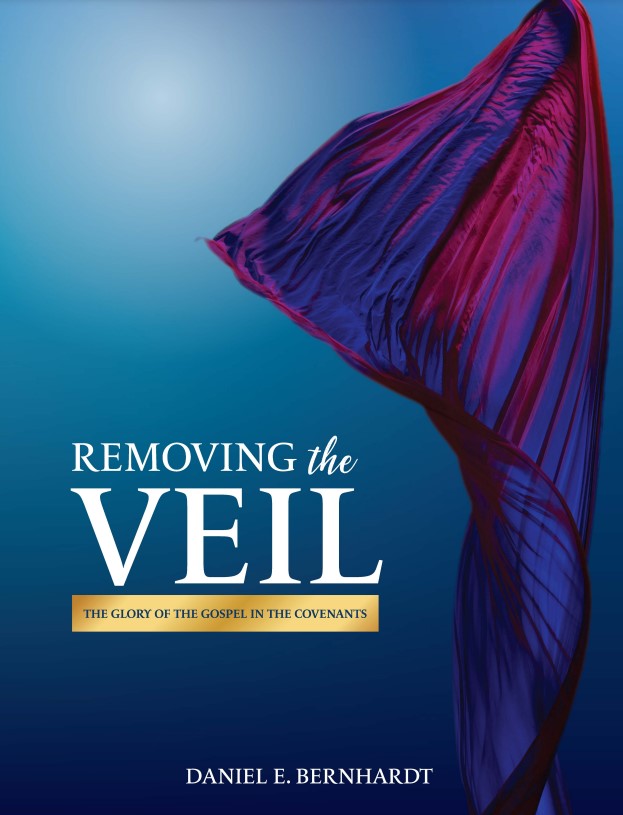Who killed the Firstborn of Egypt?
Some people think that God is the destroyer, because in Exodus 12:29 it says that God "struck down" the first born of Egypt. In Exodus 12:23 it says that the "destroyer" will "enter your houses to strike you down". Thus the two are the same; God = destroyer; simple enough right? The problem is that Jesus says that He is "the resurrection and the life" (John 11:25) and in Christ is no darkness at all (John 1:5). Christ gave His life to "destroy him who had the power of death, that is, the devil." (Hebrews 2:14). And this is the same Christ who we consider to be the destroyer that goes from house to house killing babies?
In reality, The destroyer is a reference to Satan:
And they had a king over them, which is the angel of the bottomless pit, whose name in the Hebrew tongue is Abaddon, but in the Greek tongue hath his name Apollyon. [Appolyon means "destroyer] - Revelation 9:11
Is Christ "the angel of the bottomless pit," known as Appolyon/Abaddon the destroyer?
Neither let us tempt Christ, as some of them also tempted, and were destroyed of serpents. Neither murmur ye, as some of them also murmured, and were destroyed of the destroyer. (1 Corinthians 10:9-10)
The word destroyer here in Greek, according to the Strong's, is "venomous serpent." Is Christ the venomous serpent?
But then how do we make sense of the fact that it does also say:
At midnight the Lord struck down all the firstborn in Egypt, from the firstborn of Pharaoh, who sat on the throne, to the firstborn of the prisoner, who was in the dungeon, and the firstborn of all the livestock as well. (Ex 12:29, NIV)
In the Hebrew language God is spoken of as doing everything, even if He is not the direct cause. God always takes responsibility for everything because He is all-powerful, but He allowed it to happen, warning Pharoah over and over that if He didn't listen, calamity would befall his nation.
Read Exodus 12:23 carefully again:
For the LORD will pass over the door, and will not suffer the destroyer to come in unto your houses to smite you.
If you put the lamb's blood on the door, God is able to protect you from Satan. It is not that God is protecting us from Himself. If you don't listen to God's command of how to receive His protection, then that means you don't want His protection. If your heart is fully hardened that you don't want anything to do with God, He respects your freewill; and therefore God tells your guardian angel to stand down.
The responsibility remains on us to decide. This is similar to the question of whether God hardened Pharaoh's heart, or did Pharaoh harden his own heart? God offered mercy and grace, which rejected, caused hardening. Thus both statements are true.
A relevant example is if we said smoking cigarettes killed the man and cancer killed the man. It doesn't mean that smoking = cancer; they are two separate things. But smoking killed him by giving him cancer. We can even extend this and say that the man killed himself, but it doesn't mean that the man = smoking. God struck the firsborn down by allowing Satan to have control over the nation; and Satan delights to kill and destroy, especially if He can blame God for it. This type of linguistic usage is different to how we normally understand the active verb form.
Here is a clear example of how Hebrew says that God directly does something when it means, in our English linguistic understanding, that He permitted it to happen.
“So you see, the Lord has put a lying spirit in the mouths of all your prophets. For the Lord has pronounced your doom.” (1 Kings 22:23 NLT)
Regarding this verse, did God directly order a fallen angel to go to the false prophets and deceive King Saul? No, this is to be understood as a figure of speech where God is permitting it because of Saul's own actions driving good angels away. Famous Biblical commentator Adam Clarke says this about this verse:
1 Kings 22:23 [The Lord has put a lying spirit] He Has permitted or suffered a lying spirit to influence thy prophets. Is it requisite again to remind the reader the Scriptures repeatedly represent God as doing what, in the course of his providence, he only permits or suffers to be done? [note: God said, "I will not suffer the destroyer to come in your homes to kill you."] Nothing can be done in heaven, in earth, or hell, but either by his immediate energy or permission. This is the reason why the Scripture speaks above.
Remember that God has a controversy with Satan. When men obey Satan, Satan demands them to be His subjects as they have chosen Satan. Satan accuses God of forcing His presence upon humans who don't want God's guidance, spirit, or grace. God, knowing the hearts of men and respecting their free will, will permit them to follow their own inclinations and be harassed by Satan, while always calling out to them pleading tones of mercy - "I will help you, if you call upon Me... please call upon Me," God says. But all too often God's overtures are refused, and God allows man to reap what he has sown (Galatians 6:9).
But let it be forever remembered and declared by Christians that God's mercy endures forever (Psalm 136), and no matter how much we have pushed God away, we can always repent and call on Him.
As God’s partners, we beg you not to accept this marvelous gift of God’s kindness and then ignore it. 2For God says,
“At just the right time, I heard you.
On the day of salvation, I helped you.”
Indeed, the “right time” is now. Today is the day of salvation.
2 Corinthians 6:1-2
For more detail, see Kevin Mullin's article: https://lastmessageofmercy.com/article/view/who-really-killed-the-firstborn-in-egypt





